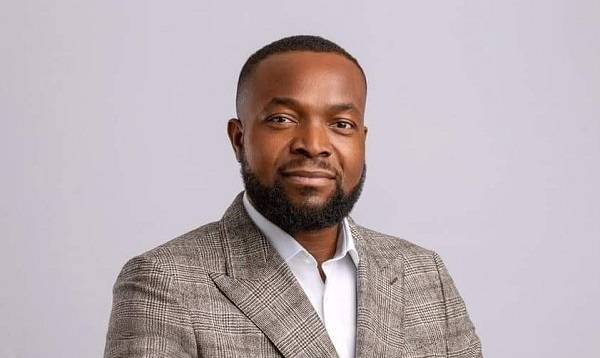
The Minister of Communications, Innovation and Digital Economy, Dr. Bosun Tijani has reaffirmed Nigeria’s commitment to fostering a resilient, inclusive and equitable digital ecosystem across West Africa.
Tijani made this declaration during the 17th West Africa Internet Governance Forum (WAIGF) 2025, held in Abuja under the theme, “Building a Resilient, Inclusive and Safe Digital Future for West Africa.”
Addressing participants, Tijani underscored the importance of resilience, inclusivity and security in building a digital landscape that uplifts people, fosters innovation and protects users’ rights. He laid out Nigeria’s ongoing efforts aimed at strengthening its digital framework through a combination of strategic interventions.
“These include broadband infrastructure expansion, championing subsea cable resilience, promoting data protection and privacy, accelerating nationwide digital literacy, developing a national artificial intelligence strategy and advancing our digital public infrastructure initiatives,” he said.
Tijani added that Nigeria is actively working to democratise access to the internet, protect digital rights and enable innovation that drives economic growth and social inclusion. He emphasised that internet governance is more than just infrastructure – it is also about shaping values, participation and ensuring technology serves as a tool for development, equity and empowerment.
“It’s about who gets to participate, whose voices are heard and how we ensure that technology remains a force for good—protecting rights, advancing development and bridging digital divides,” he explained.
He further called for greater involvement of West African stakeholders in shaping global digital norms, especially through platforms such as the WSIS+20, the Global Digital Compact and regional policy harmonisation initiatives.
“Our perspectives as West Africans must not only be included but should actively shape the global discourse on internet governance,” he added.
Tijani also welcomed the inclusion of the West Africa School of Internet Governance and the Youth Internet Governance Forum (IGF), which he described as crucial steps towards building a digitally literate and aware population. He urged stakeholders to commit to building infrastructure, securing cyberspace, formulating inclusive policies, enhancing digital literacy and nurturing innovation across the region.
“Nigeria stands proudly with all West African nations in this mission to create a digital future that is not only resilient but inclusive and secure,” the minister concluded.
Echoing his remarks, the director-general of the National Information Technology Development Agency (NITDA), Kashifu Abdullahi described WAIGF as a vital platform for policy-shaping, idea-sharing and fostering partnerships across the region. He reaffirmed Nigeria’s goal of promoting a digital economy built on innovation, inclusiveness and resilience.
Abdullahi encouraged participants to collaborate actively in shaping the region’s digital future and to co-create solutions through knowledge-sharing. “Our digital ambitions can only be realised through collective action – policymakers, technologists, civil society, youth and development partners must all come together,” he said.
Also speaking at the event, chairperson of the West Africa Internet Governance Forum, Mary Uduma advocated for a more inclusive digital environment, stressing the importance of ensuring that the voices of men, women and especially the youth, are heard and incorporated in internet governance discussions.
“We want integration. We want inclusivity. We want a safe, affordable and accessible internet for all. Our children must be safe online because digital safety is everyone’s responsibility,” she emphasised. Uduma also highlighted the challenge of poor digital integration across African nations, pointing to issues such as cross-border payments and limited accessibility to online services using African-issued credit cards.
The West African youth coordinator for the Internet Governance Forum, Osei Kagyah highlighted the pivotal role youth must play in shaping the digital future of the region. With a youth-dominated population of approximately 460 million, he noted that young people are not only the largest demographic in West Africa but also among the most impacted by digital transformation.
Kagyah stressed the need for a multi-stakeholder approach that includes young people at every stage of digital policy-making. “AI has the potential to democratise education and opportunities, but we must ensure that all young people, regardless of background, have access to these tools,” he said.
He also pointed to the persistent digital divide across West Africa as a major concern. “Too many people still lack access to meaningful connectivity, digital skills and awareness of emerging technologies like artificial intelligence,” he added.
In closing, a representative from the Directorate of Information Technology Infrastructure Solutions noted that the outcomes of the forum would contribute to both the African IGF and the Global IGF, helping shape policies at regional and international levels.
“The forum’s goal is to align West Africa with global digital progress, ensuring that no country is left behind. By working together, we can achieve a unified digital voice and foster prosperity across the subregion,” he concluded.

